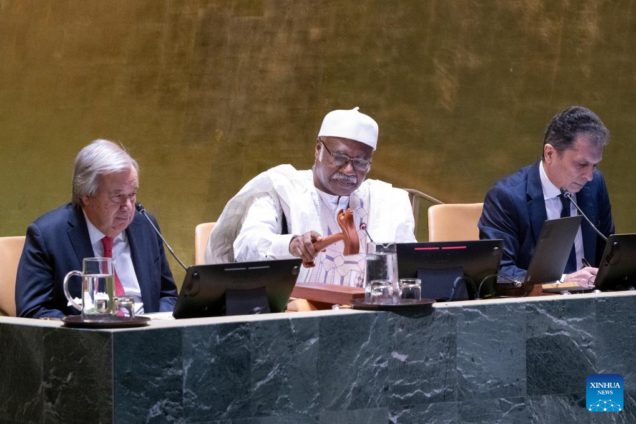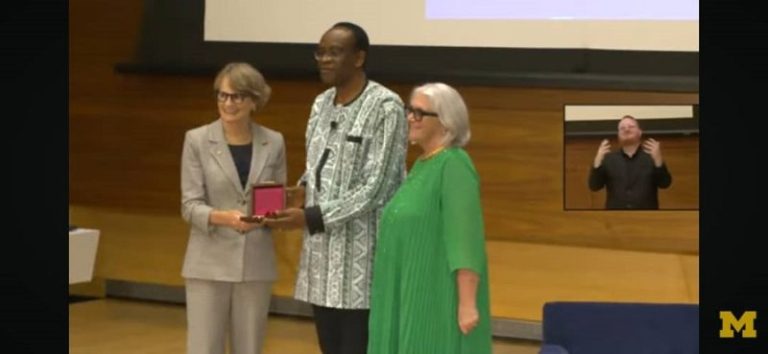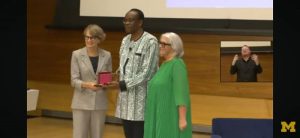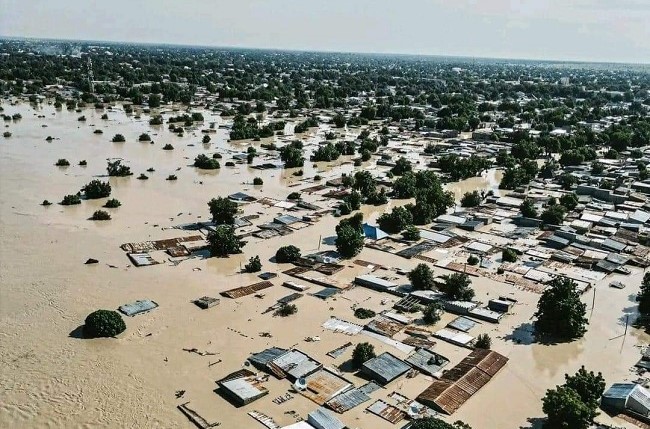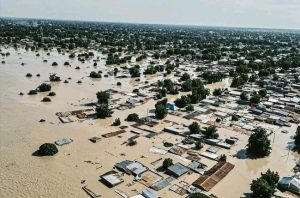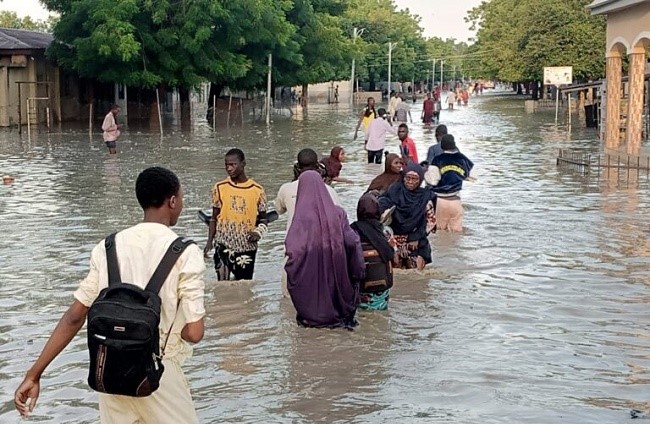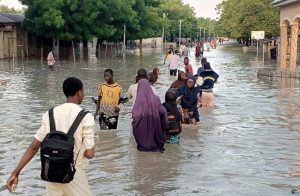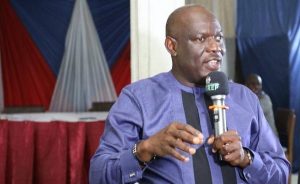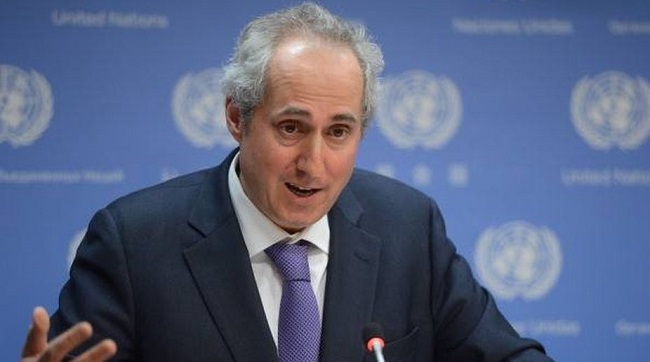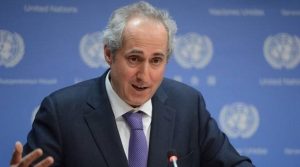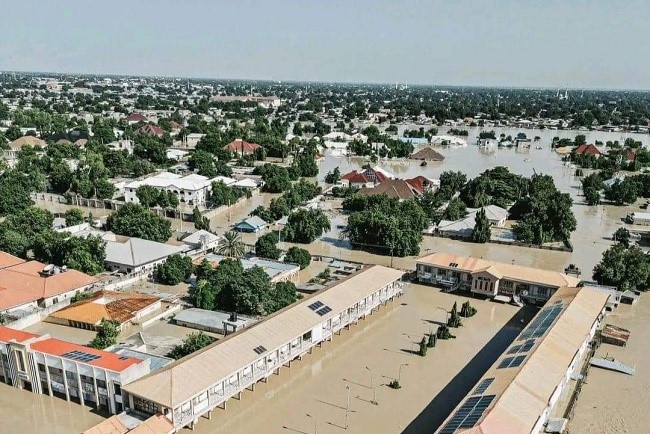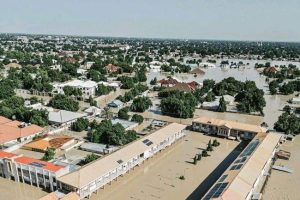The 79th session of the UN General Assembly opened on Tuesday, September 10, 2024, in New York, with incoming President Philemon Yang outlining a vision of unity in diversity.
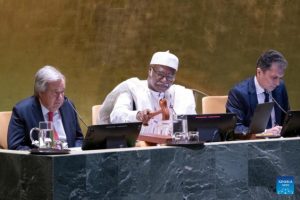
Yang also called for deeper international cooperation to tackle global challenges, including climate change, escalating conflict, and a slowdown in sustainable development.
Yang underscored the need for equitable economic growth driven by innovation and green economies, ensuring that “the benefits of economic development are accessible to all nations, large and small.”
Peace and security, he added, will also be key priorities, as he urged nations to resolve ongoing conflicts, including in the Gaza Strip, Haiti, Ukraine, and the Great Lakes region of Africa.
“We must invest in all efforts to decrease tensions and build trust around the world,” he said.
Human rights, the strengthening of international law and justice frameworks, will remain high on the agenda, with the Assembly working to enhance the coordination of humanitarian efforts.
This, Yang said, will help ensure its response to crises is timely and efficient, and that aid reaches those most in need.
“Lastly, we will address the pervasive challenges of international terrorism, drug and human trafficking, and modern slavery,” he continued, stressing the need to uphold human dignity.
“As President of the General Assembly, I am committed to facilitating these discussions and harnessing our collective will and expertise to deliver significant solutions,” he added.
UN Secretary-General António Guterres also addressed the opening of the session, highlighting the urgency of collective action to confront a world “in trouble.”
He praised President Yang for his vision and leadership, pledging his full support to unite the diverse member states around common goals.
“From day one, the United Nations has been the place for multilateral solutions – grounded in collaboration, dialogue, diplomacy, and the UN Charter,” he said.
Acknowledging the gravity of the current global situation, the UN chief emphasised the need for concrete solutions across various domains, including reducing poverty, inequality, and the climate crisis.
“We need solutions…to bring the Sustainable Development Goals (SDGs) back to life and end poverty and inequality,” he noted.
He added that economic progress and job creation, particularly for women and young people, must be prioritised.
The Secretary-General also pointed to the critical role of emerging technologies, such as artificial intelligence (AI), and the need to ensure they serve as tools for progress, not barriers.
“Step by step, solution by solution, we can rebuild trust and faith in one another,” he concluded, calling for renewed commitment to the principles that have guided the Organisation since its founding in 1945.
The opening of the 79th session also marks the first time the State of Palestine was seated among Member States at the General Assembly, following the adoption of resolution ES-10/23 at the tenth emergency special session earlier this year.
That resolution also set forth additional rights for the State of Palestine’s participation in Assembly meetings, but not the right to vote or put forward its candidature to UN Main Organs such as the Security Council or the Economic and Social Council (ECOSOC).
However, the additional rights and privileges do not confer membership to the State of Palestine, which requires a specific recommendation from the Security Council.
By Cecilia Ologunagba

